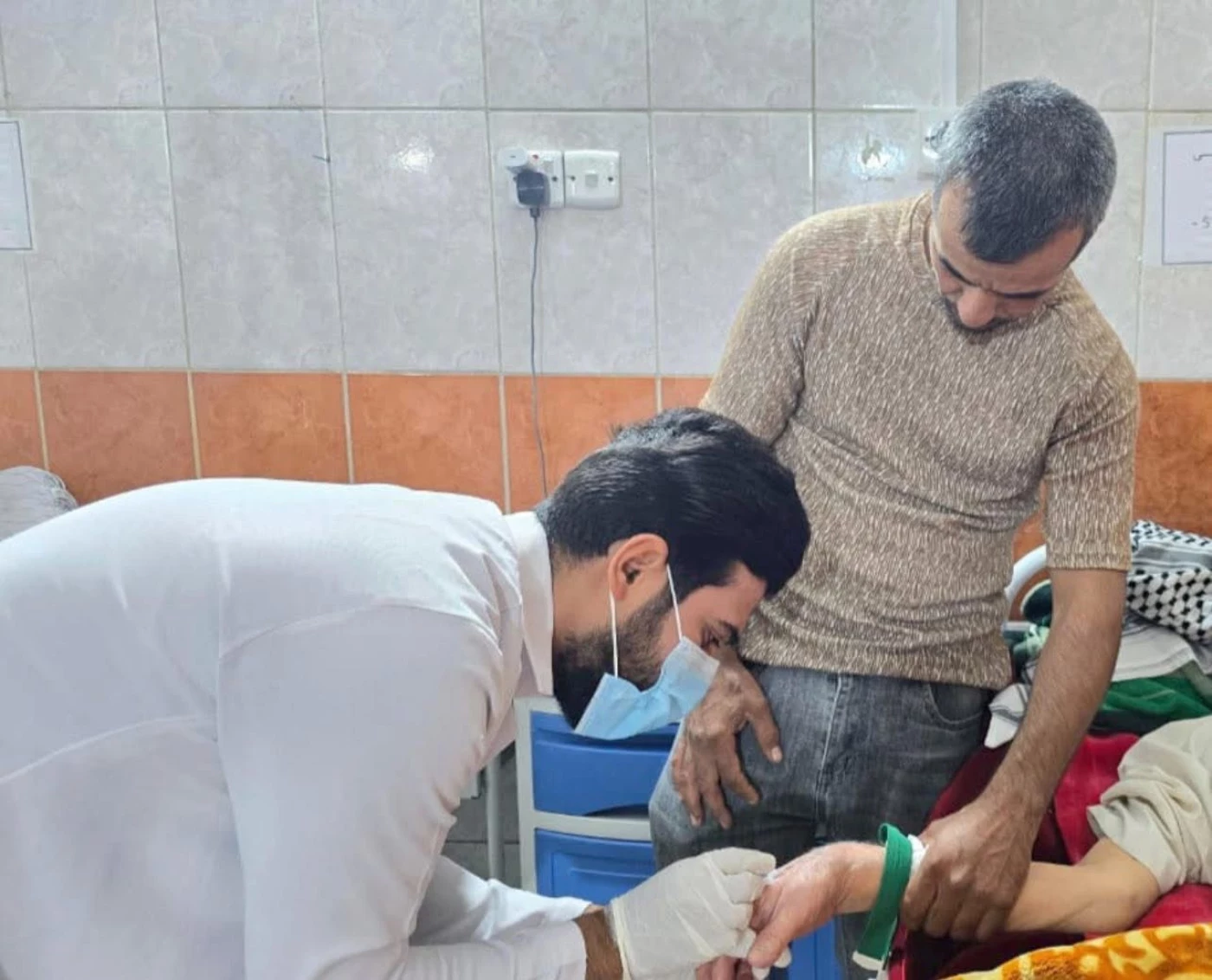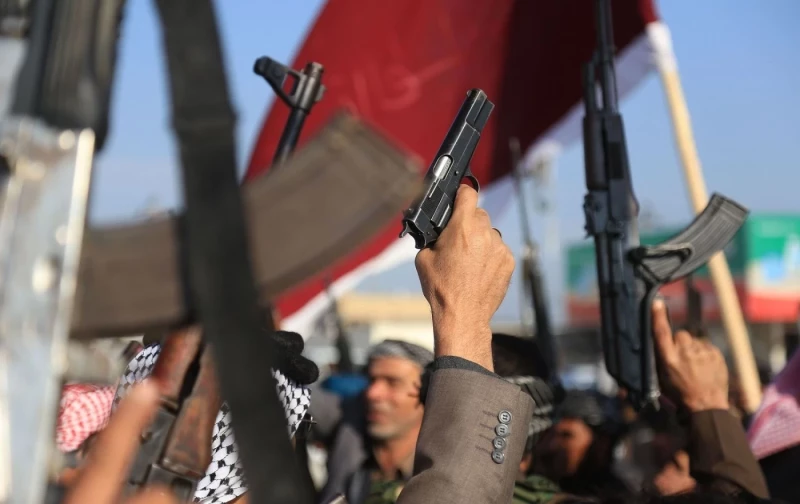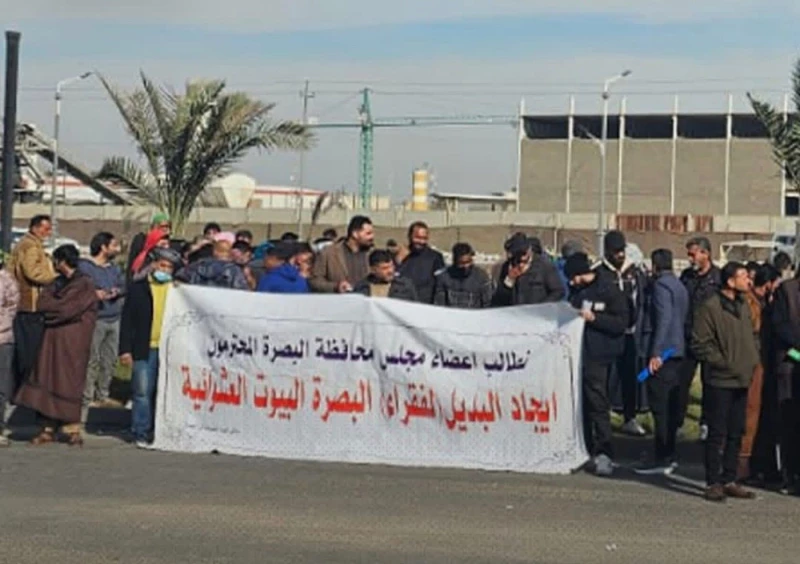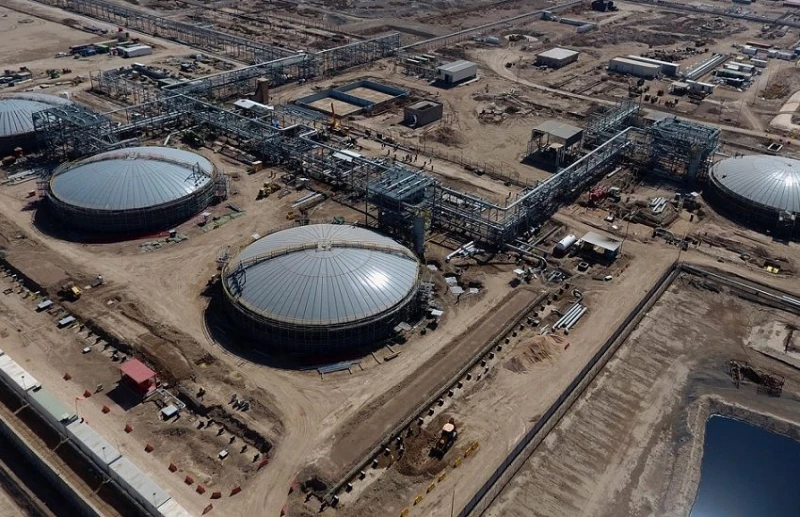ERBIL, Kurdistan Region of Iraq - The water crisis in Deir district of northern Basra has turned into a major health and environmental threat, with rising salinity levels and hundreds of poisoning cases, residents and officials told The New Region.
Muthanna al-Rubaie, head of a movement, told The New Region that salinity levels in the district’s water supply often exceed 10,000 parts per million and sometimes reach 17,000, making it unsafe for drinking or farming. “This has killed birds, destroyed orchards, and caused poisoning and diseases, including cholera,” he said.
Rubaie said that Deir has been excluded from key water projects such as the Badaa Canal and the Japanese Project in Hartha. He called for the district to be connected to the Japanese Project, saying it was “the only real solution to provide safe water on a sustainable basis.”
Local officials also warned of worsening conditions. Iyad al-Maliki, head of the planning committee in Basra’s provincial council, said to The New Region that the salt wedge has already reached the Shafi sub-district.
He noted that most of the province’s earlier projects focused on filtration, not desalination. Only four desalination projects exist, including the Japanese Project in Hartha and another in Umm Qasr.
Maliki told The New Region that the government approved nine new desalination projects with a total capacity of 3,000 cubic meters, but funding of 13 billion dinars has not yet been released. “These projects could solve 40 to 50 percent of the water crisis if implemented,” he said.
Meanwhile, health workers say the crisis is already affecting residents. A staff member at Deir’s health center, who spoke on condition of anonymity, told The New Region that more than 400 cases of poisoning have been recorded so far, with 15 to 20 new cases daily. Patients suffer from intestinal infections, cholera, and skin diseases.
“The situation is very serious and threatens children and the elderly the most,” the health worker said. “Hospitals and health centers are overwhelmed, and if nothing is done soon, health services in Deir could collapse.”
Residents are urging both local and federal authorities to act quickly and provide safe drinking water before the crisis escalates further.



 Facebook
Facebook
 LinkedIn
LinkedIn
 Telegram
Telegram
 X
X


